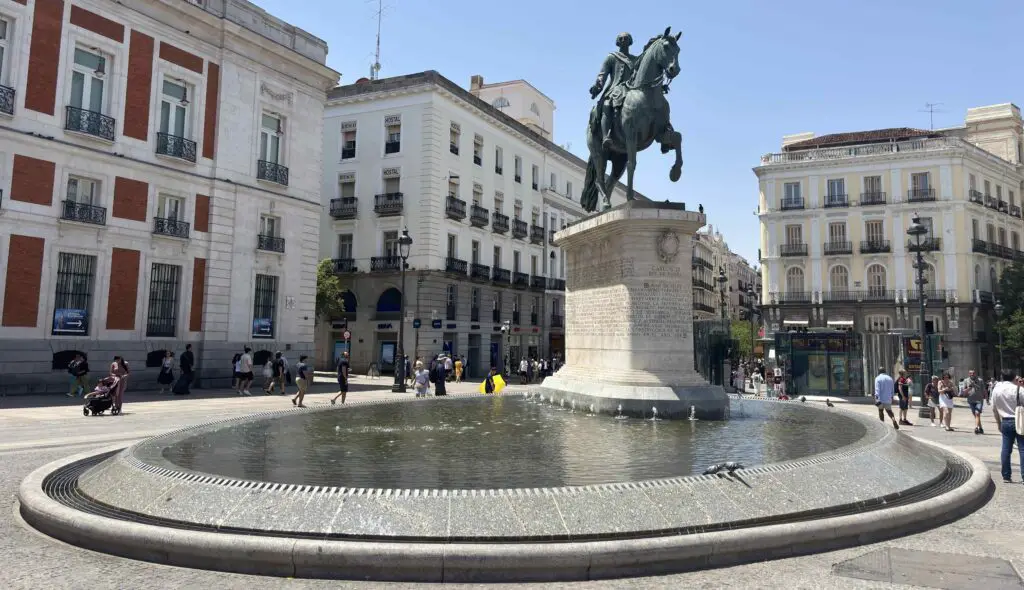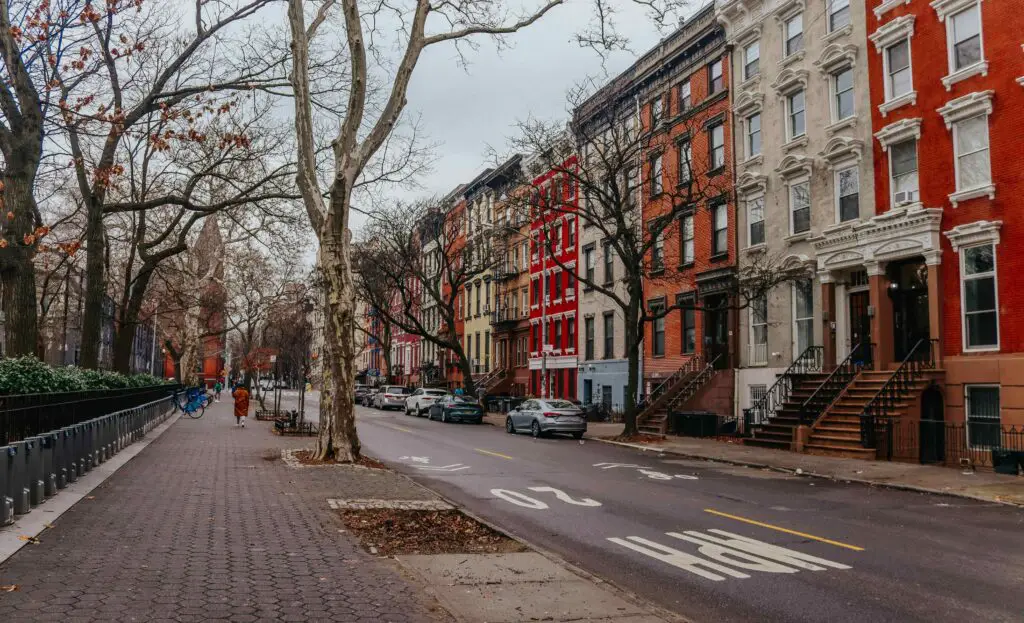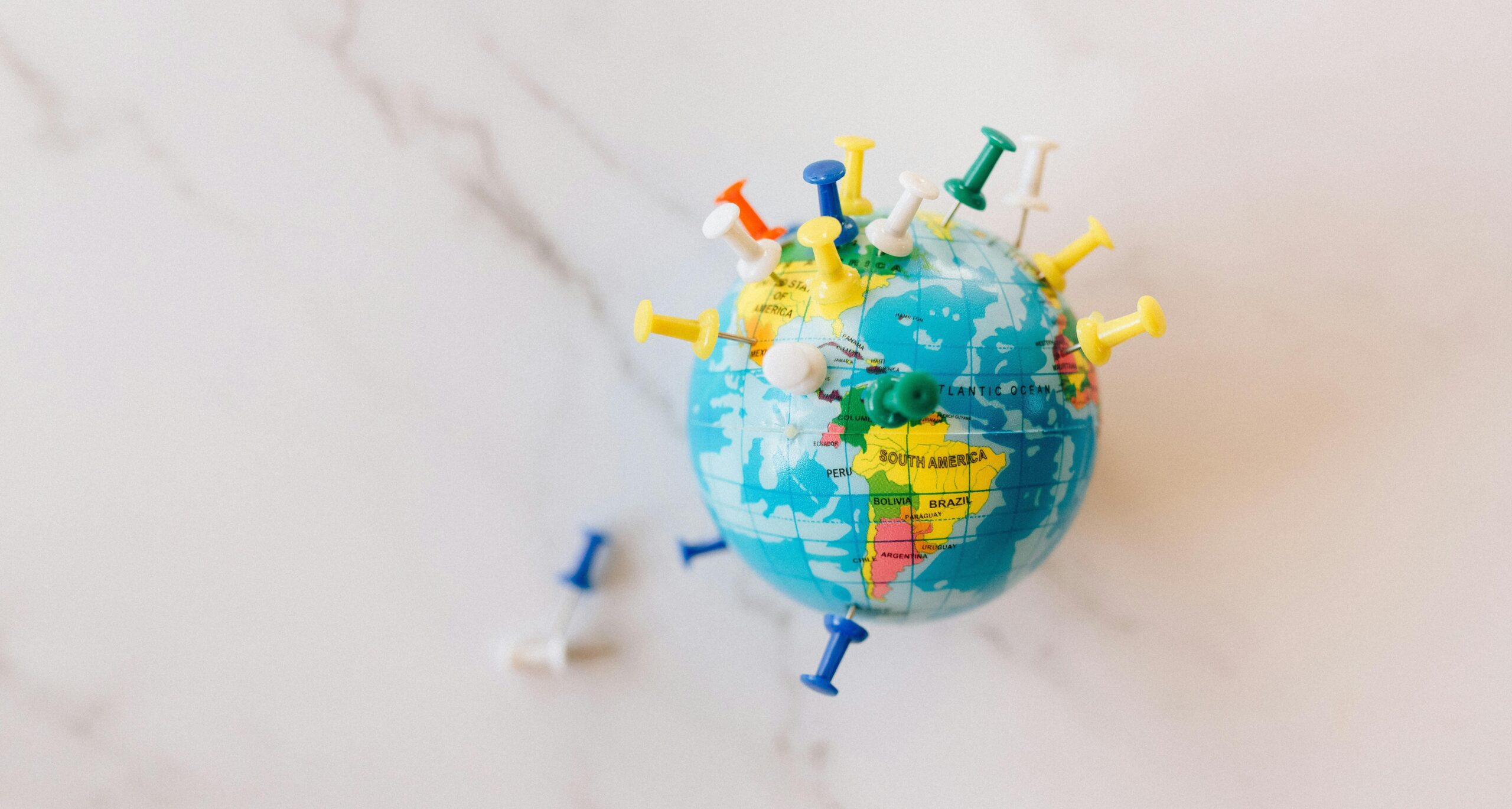
Michigan is a state of stunning landscapes, vibrant cities, and hidden treasures waiting to be explored. Whether you’re looking for breathtaking natural wonders, historic sites, or charming small towns, Michigan offers an array of unique experiences that often fly under the radar. With this personal travel planner, you’ll have everything you need to uncover the lesser-known gems of the Great Lakes State, ensuring your adventure is packed with unforgettable moments.
As you embark on this journey, it’s essential to have access to the best travel tips to maximize your experience. From the peaceful shores of the Upper Peninsula to the lively cultural hubs in the Lower Peninsula, this guide will steer you towards destinations that promise beauty, adventure, and relaxation.
Planning Your Michigan Adventure
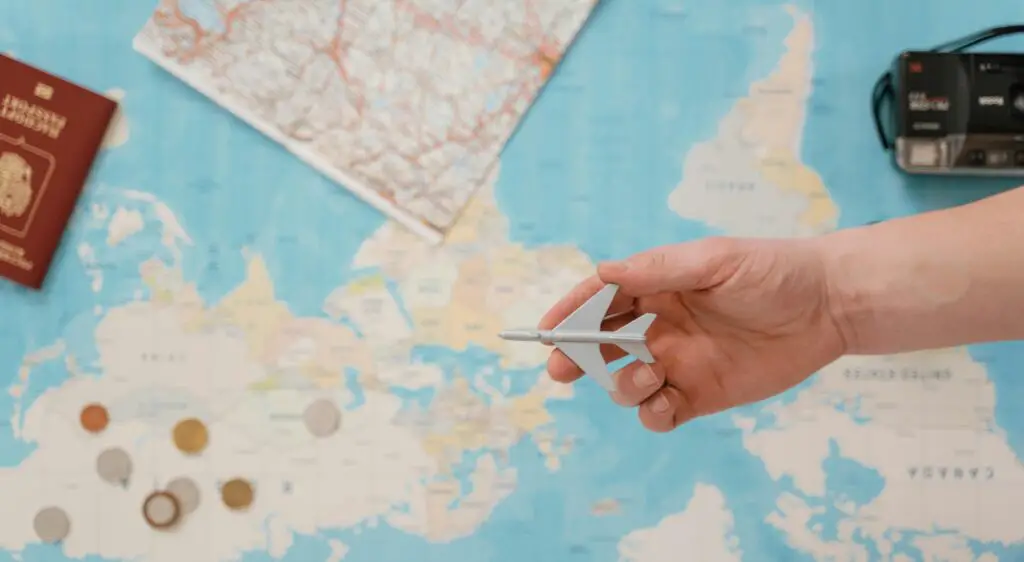
Best Times to Visit Michigan
Michigan experiences all four seasons in their full glory. The best time to visit depends on the type of adventure you seek:
- Spring (March to May): Ideal for blooming landscapes and mild temperatures, perfect for nature hikes and wildlife spotting.
- Summer (June to August): Enjoy warm weather, pristine beaches, and lively festivals across the state.
- Fall (September to November): Witness breathtaking foliage, scenic drives, and harvest celebrations.
- Winter (December to February): A paradise for snow lovers, offering skiing, snowshoeing, and cozy winter getaways.
Essential Packing List
Regardless of the season, packing strategically ensures a comfortable trip. Consider including:
- Weather-appropriate clothing and layers
- Comfortable walking shoes
- A travel journal to document your experiences
- Camera to capture stunning Michigan landscapes
- Emergency kit and first aid supplies
For solo travelers, especially women, reviewing these safety tips for women is highly recommended to ensure a smooth journey.
Hidden Gems of Michigan
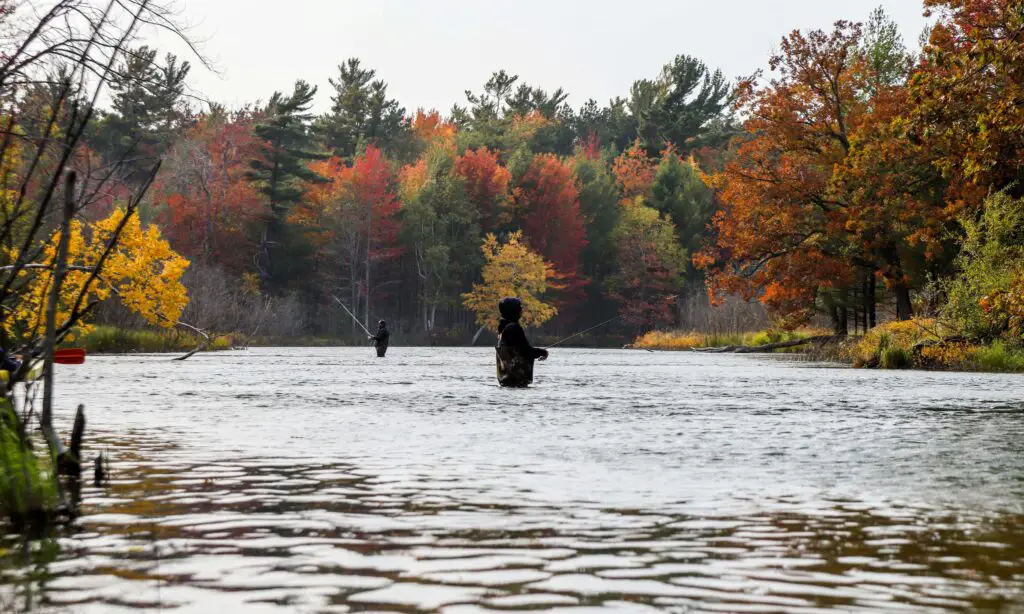
1. Ludington State Park – Nature’s Wonderland
Nestled along the shores of Lake Michigan, Ludington State Park offers sandy beaches, winding trails, and breathtaking dunes. Visitors can:
- Hike the scenic trails leading to Big Sable Point Lighthouse
- Kayak or canoe through the park’s tranquil waterways
- Enjoy a peaceful evening watching the sunset over Lake Michigan
2. Kitch-iti-kipi – The Big Spring
Michigan’s largest freshwater spring is a mesmerizing sight. Located in Palms Book State Park, Kitch-iti-kipi features crystal-clear waters that allow visitors to glimpse the depths below. A self-operated raft provides a unique viewing experience.
3. Copper Harbor – A Remote Retreat
At the tip of Michigan’s Keweenaw Peninsula, Copper Harbor is a hidden paradise known for its natural beauty and outdoor activities:
- Take in panoramic views from Brockway Mountain Drive
- Explore historic sites related to Michigan’s copper mining past
- Enjoy mountain biking trails that wind through lush forests
4. The Ledges – A Geological Marvel
Located in Grand Ledge, this unique rock formation features stunning cliffs perfect for climbing, hiking, and photography. The Ledges provide a scenic escape just a short drive from Lansing.
5. Fayette Historic State Park – A Step Back in Time
Once a bustling iron-smelting town, Fayette Historic State Park now offers visitors a glimpse into Michigan’s industrial history. Explore the preserved buildings and scenic waterfront that make this destination a must-see.
Michigan’s Local Experiences
Unique Dining Spots
Michigan’s culinary scene is filled with delightful surprises. Some must-visit hidden gems include:
- The Antlers (Sault Ste. Marie): A quirky restaurant with rustic charm and hearty meals.
- Zehnder’s of Frankenmuth: Famous for its traditional Bavarian-style chicken dinners.
- Legs Inn (Cross Village): Offers Polish-inspired cuisine with a breathtaking view of Lake Michigan.
For travelers looking for great food nearby, check out the nearest restaurant to you to enjoy a local dining experience wherever you are.
Cultural and Artistic Attractions
Michigan is home to vibrant cultural spots that celebrate local history and artistry:
- Detroit Institute of Art: Houses an extensive collection of masterpieces.
- Frederik Meijer Gardens & Sculpture Park: A perfect fusion of nature and art.
- The Henry Ford Museum: Delve into Michigan’s innovative spirit through exhibits on American industry and history.
For those exploring more of the Midwest USA, Michigan serves as the perfect gateway to discovering more hidden gems in the region.
Conclusion
Michigan’s hidden gems offer an unparalleled opportunity to experience the state’s diversity, beauty, and rich history. From scenic trails to historic landmarks, each stop on your journey contributes to an unforgettable adventure. With this personal travel planner, you’re equipped with the knowledge to explore Michigan beyond the usual tourist attractions, ensuring you uncover the lesser-known marvels that make the Great Lakes State extraordinary.
Whether you’re venturing into the wilderness, indulging in local flavors, or discovering historical treasures, Michigan promises an experience that resonates long after your trip ends. Embrace the excitement, plan wisely, and set off on a journey that will leave you with stories to tell and memories to cherish.
Now, ready to pack your bags and set off on the adventure?
